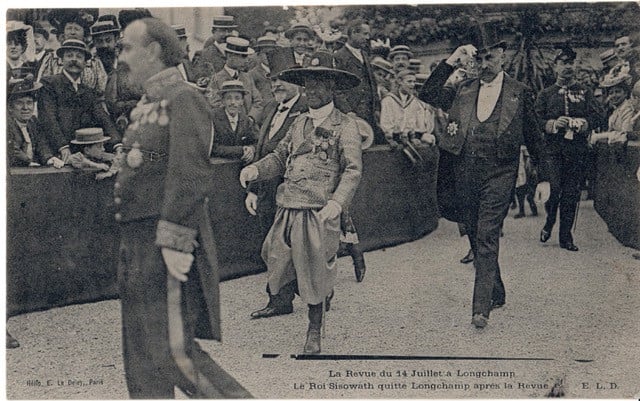Coffee Talks: Learning from Public Outrage

- Cambodianess
- March 29, 2021 4:32 AM
Samnang and Sothie were still practicing social distancing as guided by the Ministry of Health to slow down the spread of COVID-19. The two friends miss going out to their regular café. However, to protect themselves and their family members from potential infection, they decided to stay home and sanitize whatever they can. Taking their morning chats online, Sothie and Samnang were discussing the topic of why some people seem to care about other people’s issues more than their own.
Samnang: Hey, Sothie! Recently in Cambodia, there is some debate on why the general public seems to be more interested in the news of individuals and some specific families? Why do some people’s lives garner more attention than current affairs and general events?
Sothie: Is it wrong to follow the news of the individuals? We already know what our story is, but sometimes other people’s lives can prompt wider debates about issues we all face.
Samnang: Sure, but why are people so fascinated by every detail of some people’s lives and relatively uninterested in other issues that will doubtless affect their own lives?
Sothie: If you are so keen to know the answer, here’s my thoughts—well, not solely my own thoughts—one of my friends has been working in journalism for more than 20 years and they told me that the public are interested in three topics: Money, love and power.
The bigger the amount of money involved, the more interested people become—especially if this money is being used in some scandalous way. Love affairs of the rich and powerful, the famous and beautiful will always attract the public’s attention, they show that famous people are still human beings like us in some ways, but it also shows how we live in very different worlds from these wealthy individuals—the same applies to power, people without it are intrigued by what those who have it do with it.
Samnang: And so these are only things people will care about?
Sothie: No, everyone has their own specific interests, but these are general focal points, naturally occurring and built into the way our society is structured—or at least that’s what my journalist friend said.
Samnang: I like your answer. Okay, let me ask you another question. Why do most people want to know the personal stories of other individuals?
Sothie: Naturally, people want to listen to the stories of others, particularly to tales of bad people doing bad things.
Samnang: It feels as though a lot of people like to criticize the actions of others without really putting any effort into seeing the negative elements of themselves. They call themselves critics or theorists, but all they do is criticize, why are people more interested in the thoughts of these people than in learning something new and developing themselves?
Sothie: Well Samnang, in order to learn and grow, we need to understand how to be critical and how to think critically about things. Being overly critical won’t help fix things, but neither will ignoring the bad parts of the world. Like I said earlier, we can always learn about wider issues through the misdeeds of one individual and so while people are criticizing the individuals responsible, their criticism helps us understand the values of our society and how this or that problem fits into it.
Samnang: Ok, I’m not convinced that all criticism is useful, but I’m still not sure why people don’t want to focus on developing themselves rather than criticizing others?
Sothie: We’re going in circles here! Sure, people could spend more time learning, but they can learn from criticism too—they will know not to make the mistakes that garner such fierce public criticism, that’s for sure! Besides, you can’t just focus on yourself the whole time, some learning has to be done in the real world and that, inevitably, means dealing with other people.
Samnang: Very well, but if I’m going to deal with other people, I need another coffee first.















